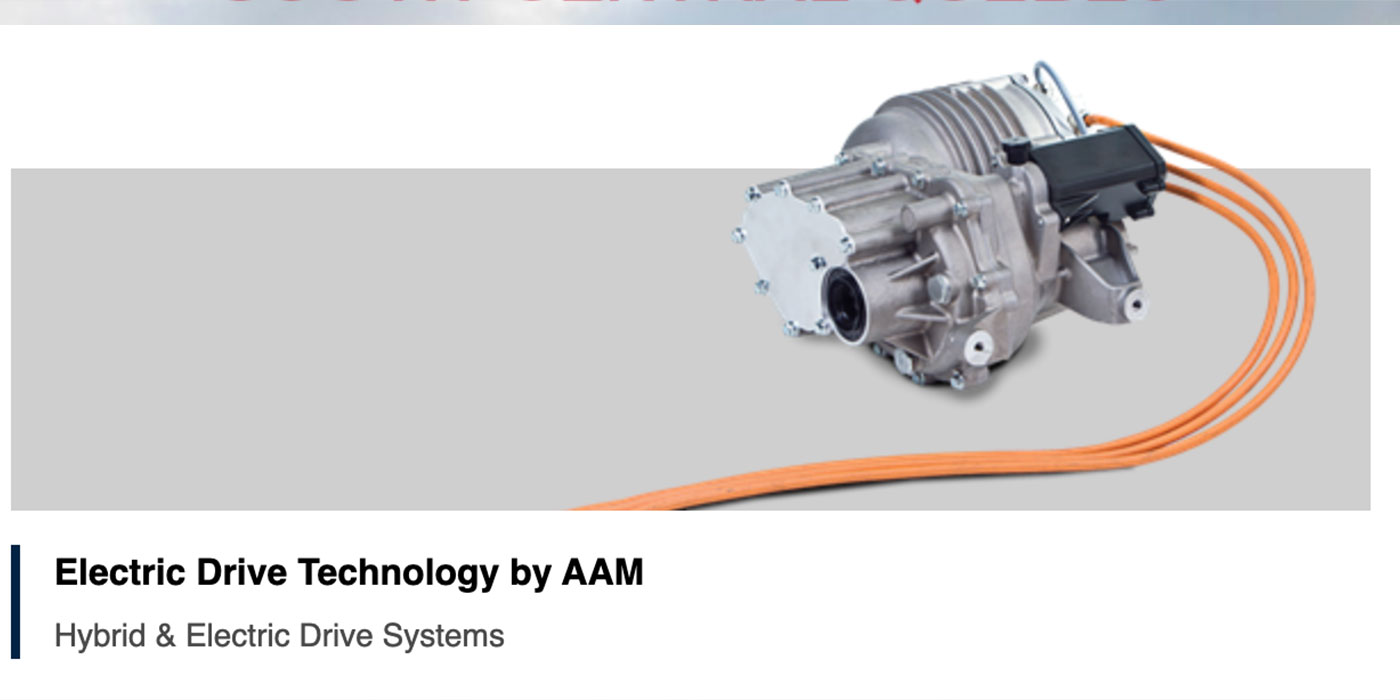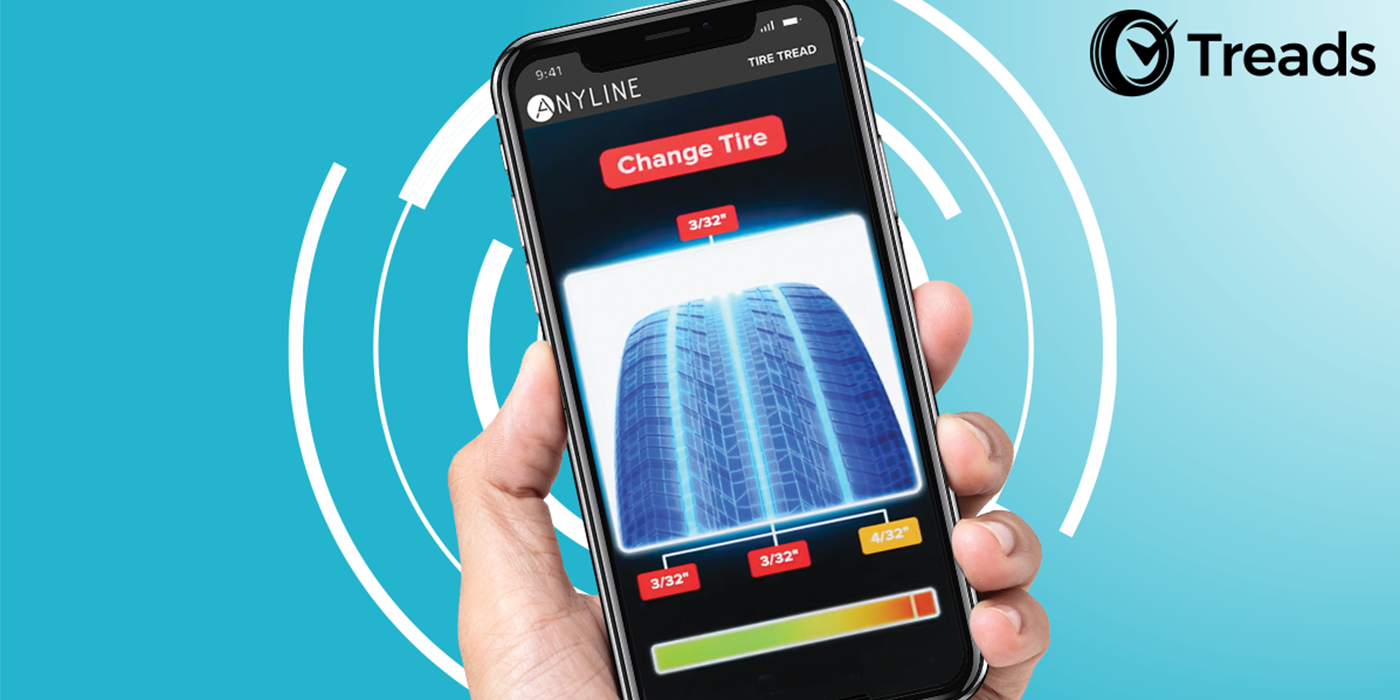From Detroit Free Press
NASHVILLE — A Tale of Two Cities is emerging in the U.S. automotive industry. Detroit, once the proud capital, has been struggling to maintain leadership, bleeding jobs, investment and power to the South, where foreign rivals have been setting up shop for more than two decades.
At the center of this shift, an exuberant, welcoming Nashville is turning over dirt throughout its hillsides, readying to build itself as the heart of what some call the new domestic auto industry: One that is foreign-owned and thrives, without the challenge of unions, retirees or decaying brand names.
With talks this week on a possible alliance among General Motors Corp., Renault SA and Nissan Motor Co. — which is moving its North American headquarters to Nashville — this boomtown has a growing sense of automotive destiny.
Could Music City, USA, best known for its country sounds and stars, become the new Motor City?
Some experts insist Detroit will never lose its title, but plenty of folks in Nashville say they think it’s more than a mere possibility.
“I can see that happening,” said 30-year-old Jeannie Lam, an enthusiastic brand researcher for Nissan who seems to epitomize the shifting nature of the global automotive industry. The Canada native moved to Nashville last month after working for Nissan in Toronto and Los Angeles.
So can a handful of active and retired plant workers from GM’s Saturn plant in Spring Hill, TN, about 30 miles south of Nashville.
Over breakfast Wednesday, they said the shift in fortunes was easy to see from their vantage point at the Poplar House diner — a fixture on Highway 31 near the plant, with biscuits-and-gravy on the menu, U.S. flags on the wall, and a neon “open” sign in the window.
Most in the group were natives of Michigan or other northern plant towns who volunteered to be transplanted to the area about 16 years ago, when the Saturn plant opened.
To them, watching the migration of the automotive business since then has been like watching a frog boil, with the temperature of the water rising along with every passing sales month and plant announcement.
Now, Nashville seems like the inevitable epicenter of the foreign-owned auto industry in the United States.
“I see it happening,” said Robert Millage, 47, a former Detroiter who stamps parts at the Saturn plant.
Michael Bennett, a retired Saturn worker from Flint, MI, who has served as president of the UAW Local 1853 in Spring Hill, said this shift should be no surprise.
“It’s been going in that direction for the past 25 years,” he said.
Karl Bentz, who retired five years ago from the plant after 30 years at GM, said that the relocation of Nissan’s headquarters seemed like an important milestone at a time when the automaker might join forces with GM.
“I feel like we have reached a tipping point,” he said.
Already, the Detroit-based trade publication Automotive News has plans to expand its Nashville bureau.
In a telephone interview Friday, Gary Casteel, a 48-year-old Alabama native who heads up UAW Region 8 in Lebanon, TN, about 30 miles east of Nashville, argued that the city has a long way to go before it takes any automotive crown.
Besides Nissan, which the UAW has repeatedly failed to organize, the only other major automotive company headquartered here is Bridgestone Firestone North American Tire LLC.
Still, Casteel agreed that an important seed for the automotive future has been placed in Nashville.
“Nissan’s moving here was a big thing,” he said.
Matthew Kisber, the commissioner of the Tennessee economic development office, would not say whether other automotive companies were already considering moving any operations to the area.
Nor would he discuss rampant speculation in the area that Toyota Motor Corp. might locate a future plant there.
But in an interview Friday, he seemed confident that Nissan’s move was just the beginning.
“Nashville will continue to gain prominence in the auto industry,” Kisber said.
On paper, it’s central
Looking at a map, it’s easy to understand Nashville’s growing importance.
“Nashville is at the center of the North American auto industry,” explained Jim Morton, a South Carolina native who speaks with a southern drawl. He became vice chairman of Nissan North America on July 1.
Morton spoke to the Free Press in an exclusive interview Friday, as he unpacked crates of supplies in his office on the top floor of a downtown Nashville high-rise, which towers over the Country Music Television offices.
The 15-story building is a temporary location for Nissan, until new headquarters are completed in the affluent suburb of Cool Springs.
To Morton, the manufacturing footprint of the automotive industry in North America is shaped like a big crescent, starting in Ontario, sweeping through the Midwest and South, before ending in Mexico.
Cars, trucks and their various parts move throughout this arc along critical highways, such as I-65 and I-75. From Canada, they travel back and forth from factories in Michigan, Ohio, Kentucky and Tennessee before branching off into South Carolina, Georgia, Alabama, Mississippi, Texas and Mexico.
Closer to customers
So Nissan’s move puts the automaker at the center of a well-developed base of suppliers who support these assembly plants. With the population in the Southern states growing, it also puts Nissan staff closer to more car and truck buyers than they were in California.
Nashville has other benefits, too: a low cost of living. Four moderate seasons. Friendly people. A beautiful landscape. Right-to-work laws, which unions say hamper organization, also seem to be a draw. The June issue of Kiplinger’s Personal Finance magazine ranked Nashville No. 1 on its “50 Smart Places to Live” list.
“Everything you read about Nashville, they’re No. 1,” said Morton, who advocated for Nissan’s relocation in spite of analysis that showed there would be disruption, including a substantial loss of personnel.
Almost 60 percent of Nissan’s 1,300-strong corporate workforce in California decided not to make the move. Morton expects it to take about two months to get back to normal.
Some saw it coming
The guys from the Saturn plant in Spring Hill say it didn’t have to be this way, and several of them had a palatable I-told-you-so attitude toward GM’s possible loss of independence and the domestic auto industry’s ebbing influence.
“This Nissan-GM discussion was predictable given GM’s management,” Bennett said.
When GM opened its Saturn plant in 1990, it was a domestic-run experiment in Japanese-style manufacturing, with teams instead of job classifications and lower base pay in exchange for more profit-sharing. Saturn promoted itself as a “Different Kind of Company,” and the workers who volunteered were those who were willing to take a risk.
“We were going to make history,” Millage recalled.
At some point, the workers and some experts agree, GM and the UAW lost their passion for the project.
GM has announced that it will close a line at Spring Hill, leaving one product, the Vue, to be built there, leaving some to wonder whether the plant’s days are numbered.
What’s more, board member Jerry York has said publicly that GM needs to kill weak brands, including Saturn. York represents Kirk Kerkorian, who owns 9.9 percent of GM and proposed the tie-up with Renault-Nissan.
But to Bennett and company, Spring Hill was the answer.
“It’s an absolute American tragedy,” Bennett said. “People just agonize over what could have been.”
The UAW’s Casteel said the old domestic automakers “ain’t got a prayer” if they keep deserting the growing South.
“They’re really making a fundamental mistake giving up all this geography down here,” Casteel said. “If we tell people to buy an American car, what do you think they are going to buy?”
Copyright 2006 Detroit Free Press. All Rights Reserved.
_______________________________________
Click here to view the rest of today’s headlines.













